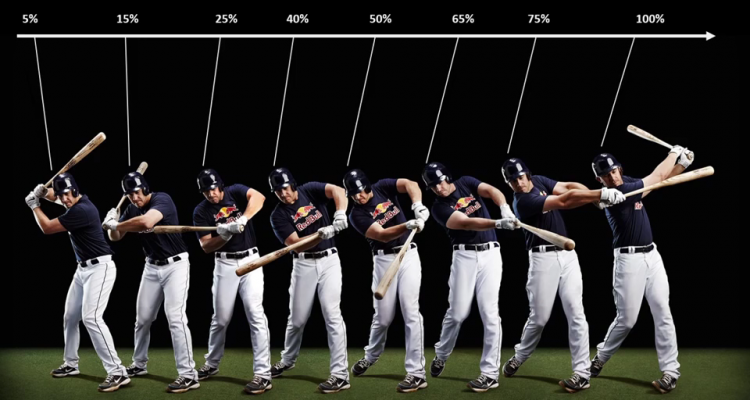Insights
Humans are not only able to recognize actions and activities, but also they can understand how far an action has progressed and make important decisions based on this information.
Many human activities and behaviors rely on understanding what actions are taking place in the surrounding environment, to what point they have advanced, and even when they might be completed. From simple choices, like crossing the street when cars have passed, to more complex activities like intercepting the ball in a basketball game, an intelligent agent has to recognize and understand how far an action has advanced at an early stage, based only on what it has seen so far.
If an agent has to act to assist humans, it needs to understand the progress of their intended actions and plan its own actions in real time. It can not wait for the end of the action to perform the visual processing and act accordingly. Therefore, the ultimate goal of action understanding should be the development of an agent equipped with a fully functional perception action loop, from predicting an action before it happens, to following its progress until it ends. This is supported also by experiments in psychology showing that humans continuously understand the actions of others in order to plan their goals. Consequently, a model that is able to forecast action progress would enable new applications in robotics (e.g. human-robot interaction, realtime goal definition) and autonomous driving (e.g. avoid road accidents).

